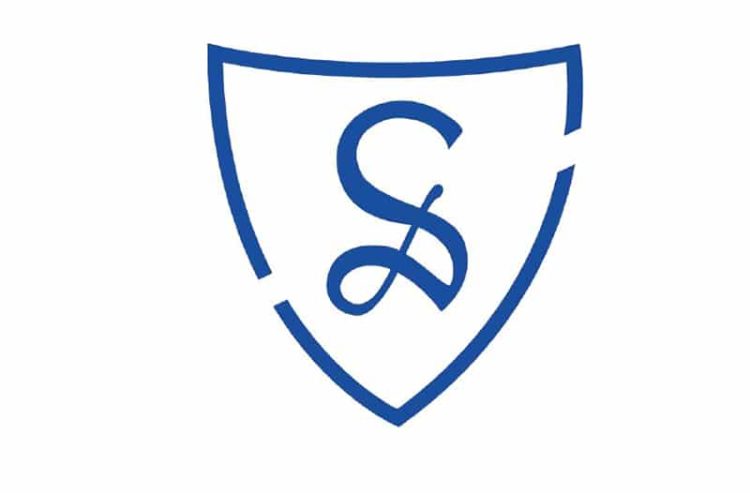by Mike Knaak
news@thenewsleaders.com
A major piece of the Sartell-St. Stephen school district’s effort to address education equity has been completed.
Board members heard a plan for how an Education Equity Committee would function at its May 5 work session.
More than two-dozen people contributed to a planning group that developed the plan during the past four months via Zoom meetings.
The board must now approve a plan for how a permanent committee would operate. That discussion is expected to take place on June 21 as the board receives the other major component of its equity effort – an audit report conducted by consultants Equity Alliance MN.
Rochelle Dyer, director of social studies education at St. Cloud State University, served as the interim group’s facilitator. She outlined the future committee’s suggested operations, membership and role in directing the district’s equity efforts.
The membership issue appears to be the most challenging, as the committee and school board members debated the number of members and who they should represent. The plan called for a committee made up of students, parents, community members, staff, administrators and school board members. Community or parent members, the committee suggested, should include people from Sartell, St. Stephen and the townships served by the school district.
Board members questioned if the new committee should be based on the recently formed American Indian Parent Advisory Committee, the Substance Free Coalition or a group supporting special education. While the American Indian committee must be comprised of American Indian parents and students, the other committees have less formal membership mandates.
“What we’re after are the people most affected,” board member Jason Nies said. “I want to make sure that there’s more representation (from the people most affected.) It’s their lived experiences. From a membership standpoint, we want to make sure it’s representative of the community we’re trying to be equitable to.”
Board member Matt Moehrle added, “Representation from our most underserved should be the largest voice.”
Membership could also be driven by the group’s scope. In addition to race, community and board members have urged equity discussions address social-economic, ethnic and LGBTQ issues.
The equity committee’s long-term role will be to advise and suggest action to the school board for ideas and issues raised. The proposal also suggested the committee look for ways to educate the community on equity, hold the board accountable on action steps and conduct listening sessions. After the board reviews the audit, board members intend to craft an action plan to address equity.
When the board launched the audit last fall, they also adopted an equity definition that says all students should have access to rigorous courses; experience meaningful participation and engagement; represent and give a voice to all cultures; achieve positive academic and social results; and address racial, ethnic and social-economic issues.
The equity-audit idea arose last summer after the killing of George Floyd and a renewed interest on systemic racism. On June 24, students, teachers and community members shared stories of racism, insensitive, hurtful comments about religion and failed attempts to correct the problems.



